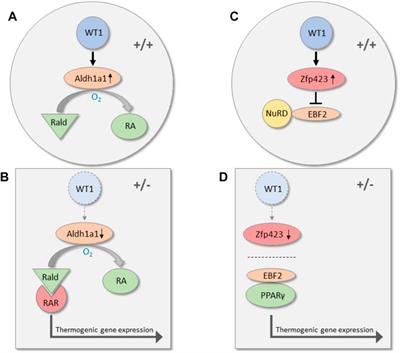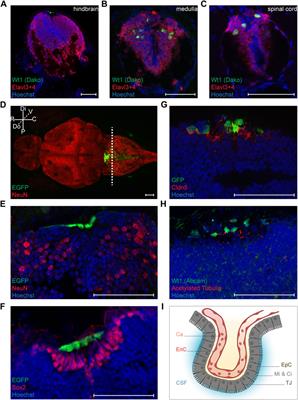EDITORIAL
Published on 08 Jul 2022
Editorial: WT1 in Development and Disease
doi 10.3389/fcell.2022.969100
- 1,064 views
- 1 citation
4,949
Total downloads
17k
Total views and downloads
EDITORIAL
Published on 08 Jul 2022
ORIGINAL RESEARCH
Published on 30 May 2022

MINI REVIEW
Published on 06 Apr 2022

MINI REVIEW
Published on 16 Mar 2022

ORIGINAL RESEARCH
Published on 11 Jan 2022

ORIGINAL RESEARCH
Published on 22 Jul 2021
